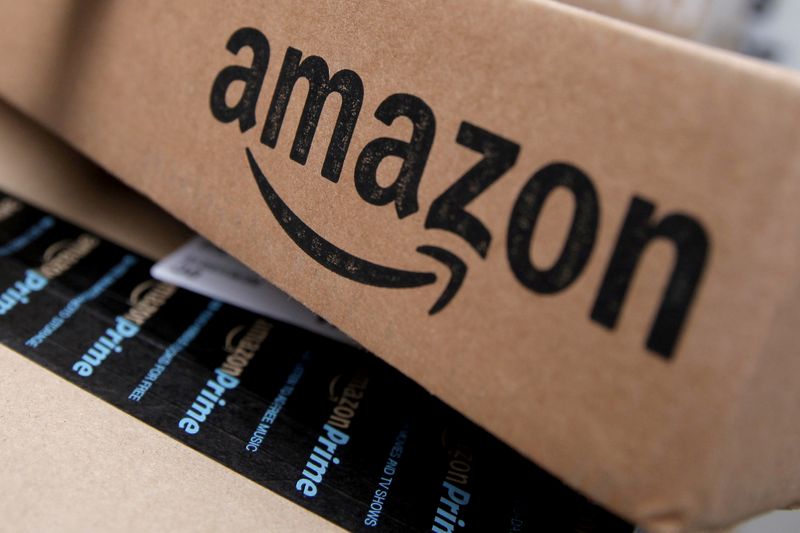By Jeffrey Dastin
(Reuters) - Amazon.com Inc (O:AMZN) on Thursday will announce its latest financial results, and Wall Street wants to know if it can keep up with shoppers' heightened demand during the coronavirus pandemic.
Just three months ago, the world's largest online retailer posted the biggest profit in its 26-year history. Governments' stay-at-home orders prompted consumers to shift purchases to web marketplaces such as Amazon, while brick-and-mortar rivals shuttered shops.
Amazon has reaped rewards from this but not without challenges. For a time, Amazon limited its warehousing services to essential goods. The company re-fashioned operations for COVID-19 precautions, though more than 19,000 workers caught the virus - and some demanded site closures. Customers experienced slower-than-usual deliveries.
Some analysts, including Colin Sebastian of Baird Equity Research, want to know if Amazon can manage such challenges while demand climbs with fourth-quarter holiday shopping. The company typically addresses such questions during an analyst call after its financial report.
"Do they have the logistics and delivery capacity to handle order volumes?" Sebastian asked.
Michael Pachter, of Wedbush Securities, cited anecdotes about recent warehousing constraints for certain larger items. "I think you're going to have a disastrous fourth quarter in terms of demand overwhelming them once again," he said.
Amazon has long worked to avoid a repeat of the 2013 season when delays left some without gifts on Christmas Day. The company now handles more deliveries in house, and this year it moved its marketing event Prime Day - usually in July - to October, letting shoppers place holiday orders early.
Pachter said, "They wanted us to start thinking 'holiday' now, before the crazy rush that begins Black Friday."
The extra weeks of shopping may translate into additional sales, with higher-income households offsetting those with depressed budgets for holiday spending.

Analysts on average expect revenue of $92.7 billion for the just-ended third quarter, according to IBES data from Refinitiv.